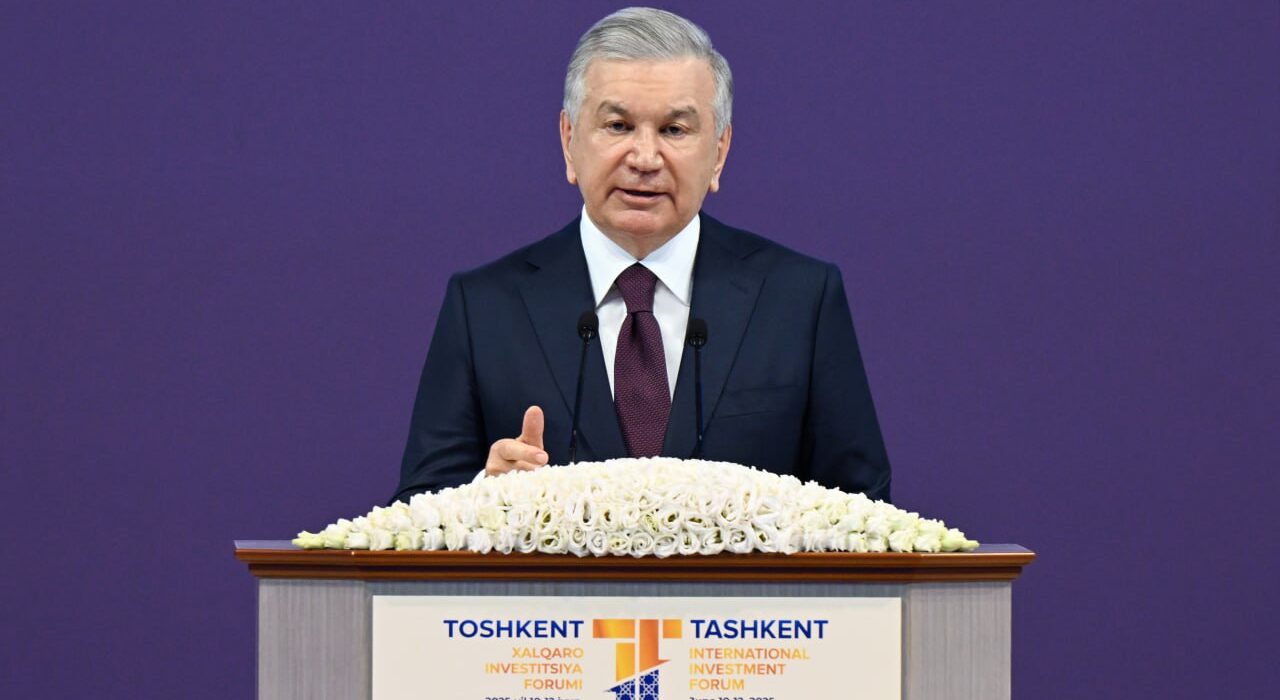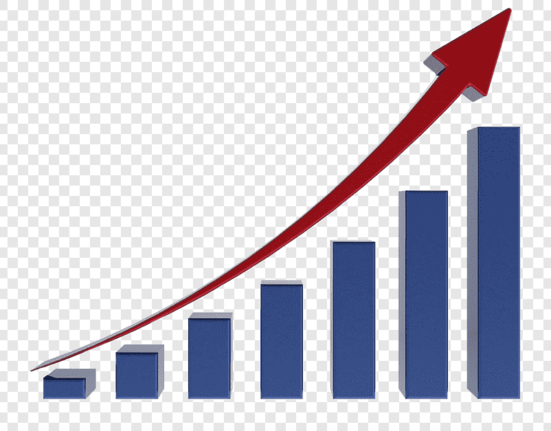In the current challenging environment, we are focusing our primary attention on maintaining economic stability in Uzbekistan, President Shavkat Mirziyoyev stated in his address to the Fourth Tashkent International Investment Forum on June 10.
According to Mirziyoyev, Uzbekistan’s gross domestic product has doubled over the past eight years, and the country has set a goal to increase it to $200 billion by 2030.
Last year, the volume of investments into national economy reached $35 billion, and exports amounted to $27 billion. This is also a practical result of the Tashkent International Investment Forum, now being held for the fourth consecutive year.
The effectiveness of reforms in New Uzbekistan is duly reflected in international rankings. The country’s position in the Index of Economic Freedom has risen by 48 places over the past five years. Last month, S&P upgraded Uzbekistan’s independent credit rating outlook from “stable” to “positive.”
Mirziyoyev said that today, the world economy is on the threshold of a new era and changes. This encourages all countries to work together on the path of sustainable development in the following four areas.
Firstly, transition to green economy.
Uzbekistan is firmly committed to developing green energy to provide its economy with stable energy resources.
Over the past short period, nearly $6 billion worth of foreign direct investment has been attracted to this sector. Electricity production has increased from 59 billion to 82 billion kilowatt-hours. In the next five years, this figure will exceed 120 billion kilowatt-hours, and the share of green energy in the energy mix will reach 54 percent.
In this regard, Uzbekistan has launched the sale of green certificates and carbon units for the first time. This year, the country will join global carbon markets and create a “Green Uzbekistan” climate investment platform.
Secondly, digital technologies and AI are turning into the drivers of the economy.
This year alone, IT exports in Uzbekistan will reach $1 billion, and the country has enough potential and opportunities to increase this figure fivefold by 2030.
Third, the financial system and technologies are drastically changing in modern world.
Recently, together with the International Monetary Fund and the World Bank, Uzbekistan conducted a comprehensive assessment of its financial sector for the first time. They fully supported the country’s reforms in banking, finance, insurance, and the capital market.
In order to take these sectors to the next stage of development a Financial Stability Council will be established in Uzbekistan, as well as cybersecurity and financial technology platforms at the Central Bank.
Uzbekistan is witnessing rapid growth of venture capital as an alternative tool for startups. Notably, last year, two local startup companies’ capitalization surpassed $1 billion.
According to Mirziyoyev, there is another significant direction. The Fourth Industrial Revolution is sharply increasing global demand for so-called “technological minerals”.
Uzbekistan is home to substantial reserves of minerals, including tungsten, molybdenum, magnesium, lithium, graphite, vanadium, titanium, and others. In total, the potential of the country’s subsoil resources is valued at $3 trillion.
“We have all necessary capabilities to transform our region into a hub for the production of high value-added goods from minerals. In this regard, we are constructing ‘Metals of the Future’ techno parks in the Tashkent and Samarkand regions.
“In this context, I would like to put forward an initiative: investors implementing a full-cycle operation – from geological exploration to the production of finished goods – will be granted rent tax refund for 10 years,” Mirziyoyev announced.
Photo: president.uz




